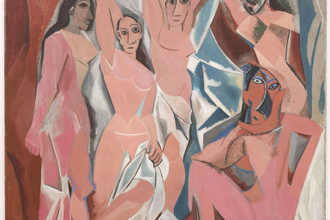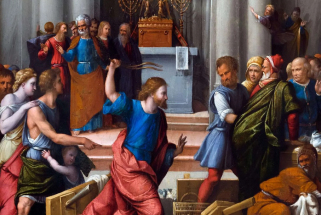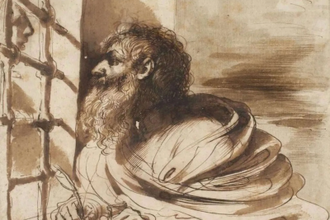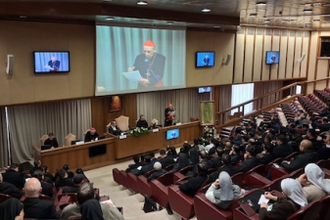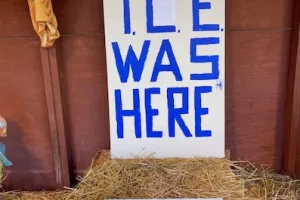Gospel in Art: The feeding of the four thousand
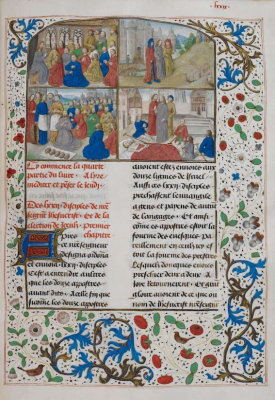
Four part miniature of scenes from The Life of Christ by Aubert, David (scribe), Master of the Flemish Boethius, Ghent, Flanders ©Alamy/British Library
Source: Christian Art
Gospel of 15 February 2025
Mark 8:1-10
In those days, when again a great crowd had gathered, and they had nothing to eat, Jesus called his disciples to him and said to them, 'I have compassion on the crowd, because they have been with me now three days and have nothing to eat. And if I send them away hungry to their homes, they will faint on the way. And some of them have come from far away.' And his disciples answered him, 'How can one feed these people with bread here in this desolate place?' And he asked them, 'How many loaves do you have?' They said, 'Seven.' And he directed the crowd to sit down on the ground. And he took the seven loaves, and having given thanks, he broke them and gave them to his disciples to set before the people; and they set them before the crowd. And they had a few small fish. And having blessed them, he said that these also should be set before them. And they ate and were satisfied. And they took up the broken pieces left over, seven baskets full. And there were about four thousand people. And he sent them away. And immediately he got into the boat with his disciples and went to the district of Dalmanutha.
Reflection on the Flemish Illuminated Manuscript
Today's short Gospel reading about the feeding of the four thousand reveals a stark contrast between the mindsets of Jesus and his disciples. Both pose questions, but the nature of their questions is vastly different. The disciples ask, "Where could anyone get bread in a deserted place like this?", a question that already carries an air of defeat and despair. In contrast, Jesus asks, "How many loaves have you?", a question filled with initiative, optimism, and a focus on solutions. When faced with overwhelming or threatening situations, the questions we ask can significantly shape our response. Some questions open doors to possibility and progress, while others lead us deeper into discouragement.
As Christians, we are called to be God's instruments on earth. Saint Teresa of Ávila beautifully expressed this in her famous words: "Christ has no body now but yours; no hands, no feet on earth but yours; yours are the eyes through which He looks with compassion on this world…" This truth should influence not only our actions but also the way we approach God with our questions. The attitude behind our questions reflects our spiritual disposition. For example, asking God, "Why don't you give me this?" shows a different attitude compared to asking, "Do you think this would be good for me?" The latter reflects humility, trust, and a willingness to grow in alignment with God's will.
Our featured Flemish illuminated manuscript from 1479 beautifully depicts the feeding of the four thousand in the lower-left panel, alongside other scenes of Christ's ministry, such as the election of the disciples, Jesus' time in the desert, and his healing of the sick. In the panel, the worried disciples stand to the left, questioning and unsure, while Jesus is already at work, multiplying the loaves and providing for the crowd. This scene reminds us that Jesus' feeding of his people continues to this day-through the Eucharist.
LINKS
Gospel in Art: https://christian.art/
Today's Reflection: https://christian.art/daily-gospel-reading/mark-8-1-10-2025/



